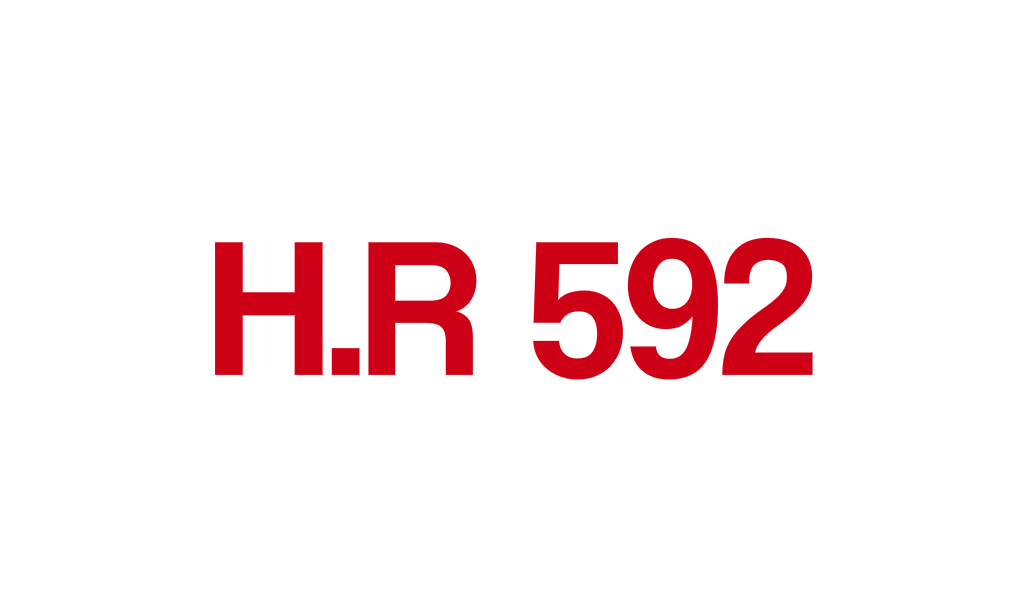The Reason I Get Apoplectic over Bureaucracy
What would you think if the federal government told you that professional baseball players were not athletes even though they make their living performing athletic feats? What if the federal government told you that plumbers were not plumbers even though they make their living fixing your plumbing?
What if the federal government told you that pharmacists were not healthcare providers even though they have been providing healthcare since the birth of our nation?
It Certainly isn’t based on Education and Credentials
Curiously enough, Section 1861 of the Social Security Act recognizes audiologists, certified nurse midwives, certified registered nurse practitioners, certified registered nurse anesthetists, physician assistants, licensed clinical psychologists, licensed clinical social workers, physical and occupational therapists, and registered dietitians as providers but fails to recognize pharmacists.
This oversight means that pharmacists cannot directly bill Medicare for their services at the same moment in time when the Affordable Care Act virtually mandates that all enrollees undergo comprehensive medication therapy management.
Current doctor of pharmacy students spend in excess of 128 credit hours of graduate education learning how to practice medication management. No other healthcare provider — with the possible exception of physicians — has anywhere near half that training.
So Who is Supposed to Provide the Mandated Medication Reviews?
I’m not quite sure who the government thinks is going to provide these medication management services, but on the surface this oversight seems hard to explain.
On the one hand, Medicare is saying that medication therapy management is a valuable service that saves the healthcare system resources and improves outcomes for patients. On the other hand, the government refuses to recognize that the most highly-trained professional medication expert in the healthcare system is not allowed to provide these services.
Is it the Entire Government or Just CMS?
The National Association of Boards of Pharmacy website refers to pharmacists as essential healthcare providers. But the federal government is not even consistent within its own ranks.
The United States Public Health Service states that the daily responsibilities of pharmacy officers may include: delivering direct patient care services in advanced practice settings. United States Department of Veteran Affairs describes their pharmacist job opportunity by saying that: many of our pharmacists obtain prescriptive authority within their defined scope of practice, and function as providers responsible for direct patient care.
Admittedly the process of making legislation sometimes leads to strange interpretations of reality. In this case, what would you think if the federal government decided that you could not take advantage of your favorite pharmacist’s service at the same time they were taking full advantage of pharmaceutical care for their federal employees?
Isn’t it time for some common-sense consistency and fairness in the way these rules are applied?
The Secret to Success
The provider recognition will happen eventually. It has already happened in California. But the real issue here is you should not let a lack of provider status prevent you from being a healthcare provider. there are lots of things you can do today that you can charge for you simply can’t bill Medicare without provider status. That is after all what this entire website is about.
Value is The Key
If you learn how to craft an offering that your target market perceives as valuable you can charge them directly without the government getting involved. In the long run that is usually the safest play anyway.
Portions of this post originally appeared on multi briefs.com

